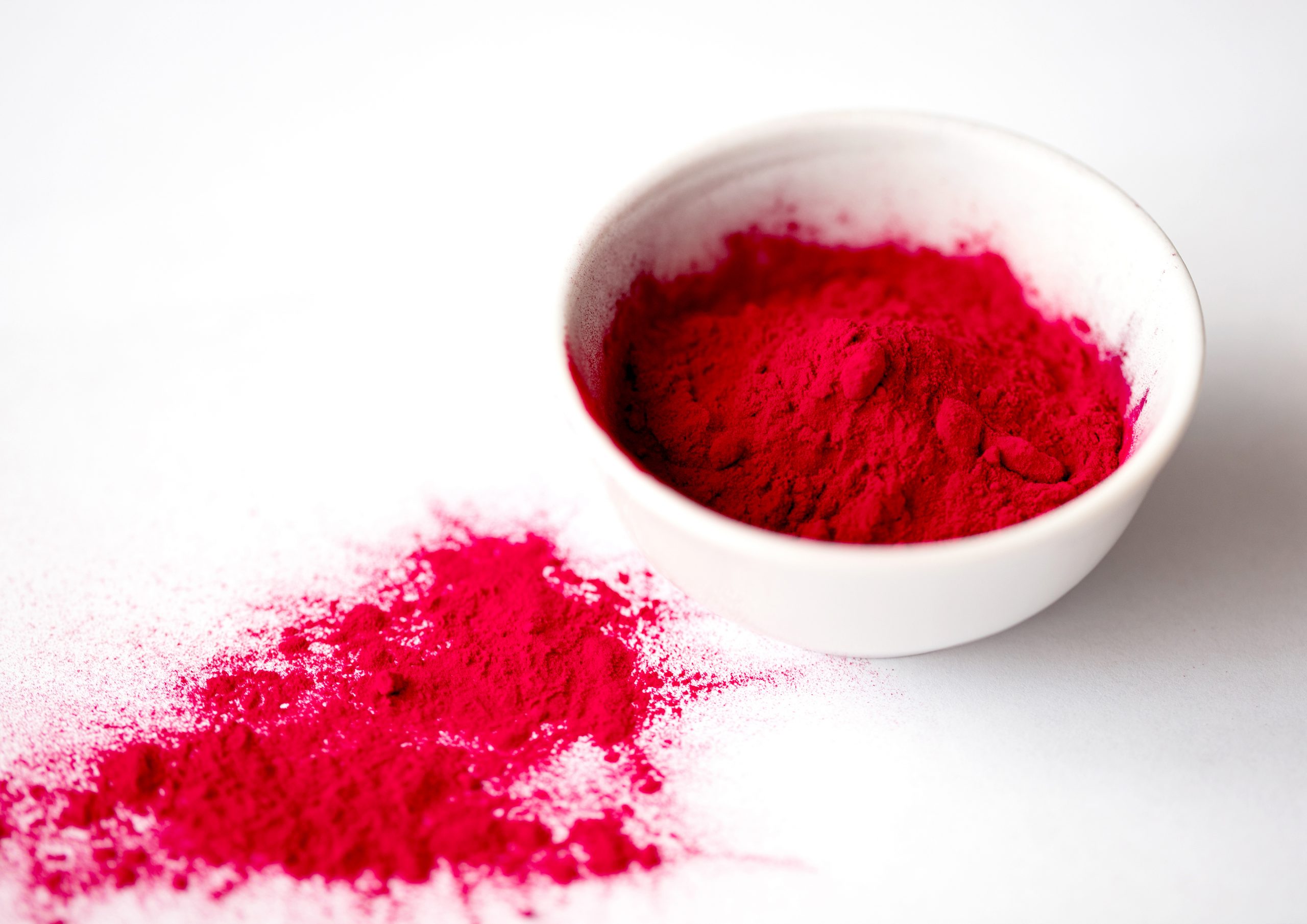Cancer-Causing Chemical Used In Food and Drinks Under the Microscope
- The U.S. Food and Drug Administration (FDA) is recalling Charles Boggini Company’s brand of pink lemonade, cola flavoring base, yellow lemonade, and yellow lemonade X because the labeling does not clearly indicate all the chemicals and preservatives used in its formula.
- Among the ingredients used for the company’s products is Red 40, a synthetic dye that adds coloring to many foods and beverages. The dye contains benzene, a known carcinogen for both humans and animals. Despite being permitted at low levels, the dye poses a potential health risk, including the development of cancer.
- According to the Centers for Disease Control and Prevention (CDC), benzene is a highly flammable, colorless, or light-yellow liquid that can form naturally or be produced by human activities. This chemical is harmful to the eyes, skin, airways, nervous system, and lungs and can cause blood cancers like leukemia and lymphoma.
- Red 40, alongside Yellow 5 and Yellow 6, accounts for “90% of all dyes used in the U.S.” It is found in many processed foods, including frozen treats, powder mixes, candy, jelly, sauces, candy, and more.
A popular brand of lemonade is being recalled because the food coloring in its formula—FD&C Red No. 40—poses a potential cancer risk.
The Charles Boggini Company’s brand of pink lemonade, cola flavoring base, yellow lemonade, and yellow lemonade X has been recalled by the U.S. Food and Drug Administration (FDA). The reason for the recall is that the chemicals and preservatives in the company’s products are not clearly labeled. FD&C Red No. 40, a popular food coloring, is among these ingredients.

The researchers believe Red 40 impacts younger people more because “over 40%” of foods marketed toward children in the U.S. contain Red 40, Yellow 5, and 6 dyes.
Helping You Understand How Your Environment Impacts Your Health
Understanding Benzene
According to the U.S. Centers for Disease Control and Prevention (CDC), benzene is a highly flammable, colorless, or light-yellow liquid that can form naturally or be produced by human activities.
This chemical is harmful to the eyes, skin, airway, nervous system, and lungs, according to the CDC, and can cause blood cancers like lymphoma and leukemia.
Benzene is occasionally released into the air through automobile emissions or burning coal or oil. It also manufactures plastics, rubbers, dyes, detergents, and drugs.
The chemical is a known carcinogen, meaning its link to cancer, particularly blood cancers, has been established. The FDA allows the chemical to be used in drug manufacturing only if the use is unavoidable and the drug product makes a “significant therapeutic advance.”
If the chemical must be used, benzene levels should be limited to 2 ppm (parts per million) “unless otherwise justified,” according to FDA regulations.
WATCH: Are toxins making us sick?
The Centers for Disease Control and Prevention (CDC) says some known symptoms related to high exposure to benzene may include:
- Dizziness
- Drowsiness
- Headaches
- Irregular heartbeat
What Should Be Done If Benzene-containing Products Are Recalled?
If you have any products containing benzene, you can hold off from using them until the FDA decides how to handle the concerns.
If the products are recalled, you can verify the recall by going to Recalls.gov. This website contains information for recalled products, including food, cosmetics, medication, and more.
Learn more about SurvivorNet's rigorous medical review process.

